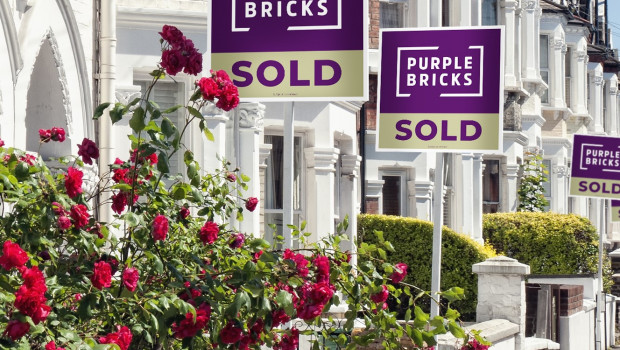
Source: Sharecast
August's decline aligns with the ten-year average, marking a return to typical summer patterns after sharper-than-usual drops in June and July. Sellers appear to be pricing more realistically to attract buyers distracted by holidays, with the average asking price now £10,777 lower than at the start of summer.
Sales momentum also remained robust, with the number of agreed transactions currently 8% higher year-on-year, supported by increased buyer choice and more competitive pricing.
The volume of homes available for sale was up 10% versus August 2024, keeping supply at decade-high levels. However, new listings were only 4% ahead of last year, potentially signalling a gradual tightening in supply.
While competitively priced homes sold quickly, others were struggling to attract interest, with some 34% of listings undergoing price reductions, just shy of last year's peak, while the average time to secure a buyer stands at 62 days.
Affordability also improved following the Bank of England's third rate cut of 2025, with Rightmove's mortgage tracker showing that the average two-year fixed rate has dropped to 4.49% from 5.17% a year ago - equating to a monthly saving of £117 on the average home, assuming a 20% deposit and a 30-year term.
Rightmove's Colleen Babcock said: "Savvy summer sellers have read the room and are coming to market with even more competitive pricing than usual to really stand out and attract serious and active buyers. Astute buyers are now benefitting from new seller asking prices which are on average an enticing £10,000 cheaper than three months ago. Buyers have the upper hand in this high-supply market, so a tempting price is vital to agree a sale. The strategy is working, with the number of sales agreed in the full month of July being the best at this time of year since 2020. At that time, the market had recently re-opened after the first pandemic lockdown, and generous stamp duty reductions had just been announced.
"However, the high number of price reductions we're seeing is an indicator that some sellers are still coming to market with too high a price and then reducing it to become competitive. Our data shows that for a successful sale it's better to get the price right in the first place, but if a seller does need to reduce the price it’s better to act fast rather than waiting too long."
Reporting by Iain Gilbert at Sharecast.com